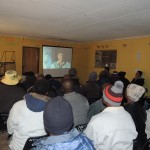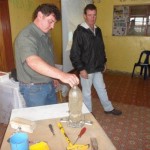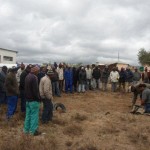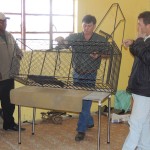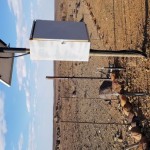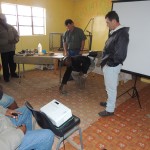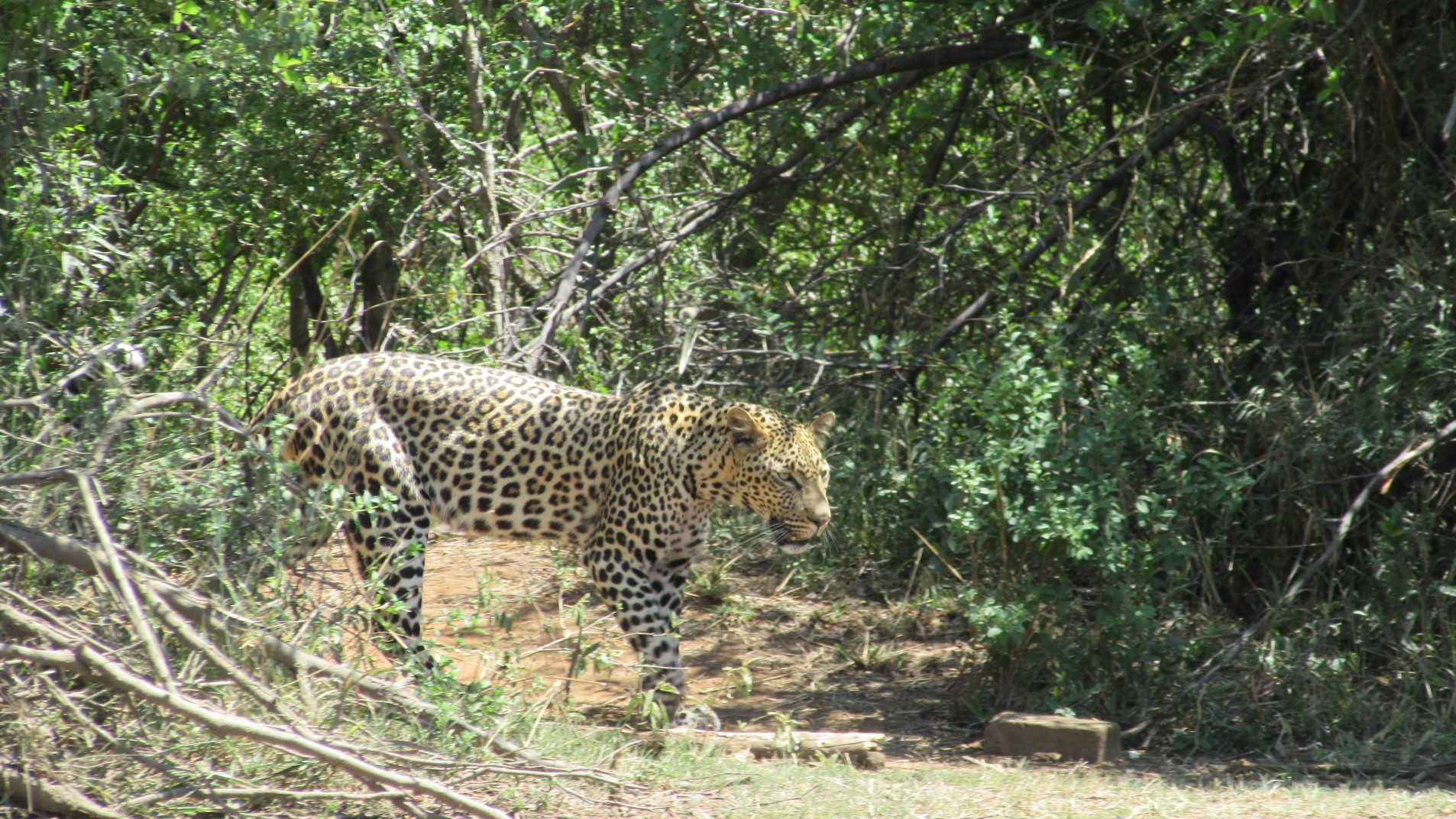
Accredited Training
Predation specialist, Niel Viljoen, through Predation Management South Africa (PMSA) and the National Woolgrowers’ Association of SA (NWGA), are calling hunters to register as accredited damage causing animals (DCA) managers for the call and shoot management strategies to manage and control problem animals. Recognition of prior learning (RPL) will provide experienced and appropriately skilled professional managers with a certificate of competence and the opportunity to apply for a permit from the applicable issuing authority.
DCA managers can only be nominated in writing by a farmers’ association and signed by the chairman.
Niel Viljoen, well-known predator management expert, presented a predator-management training course to 33 communal farmers at Middledrift and Idutywa. The course focused mainly on the management of jackal and caracul, although stray dogs also cause stock losses in these areas. Farmers were requested to take cell phone images of animals attacked by predators in order to determine which predator was responsible and to start keeping record of losses and damages. In most cases farmers would not know which animal attacked their sheep. By analysing the cell phone images or videos, farmers will be able to choose the appropriate control method. Niel also demonstrated how to set gin traps for trapping jackal. He stressed the importance of properly trained people setting up these traps. The different methods for controlling jackal and caracul were explained and farmers were shown how to catch caracul by using trapping cages. Although traps and trapping cages are necessary for predator control, communal farmers often lack the funds for buying these devices.
Predation Management South Africa (PMSA) has taken the initiative to develop a framework of minimum standards in training of livestock producers and farm workers on principles of ethical- and best practices in predation management. This is implemented within the framework provided by the Sector Education and Training Authority for Agriculture (AgriSETA). The National Woolgrowers’ Association of SA (NWGA), as member of PMSA, is an accredited service provider with AgriSETA and a qualified predation management specialist providing training to producers within this framework under NWGA accreditation, who subsequently oversees quality standards of training.
Predation courses presented within this framework were developed by specialists and a consultant was contracted by the NWGA to assist with the development of training materials that comply with AgriSETA requirements. Minimum standards/requirements set for training are contained in the appropriate Unit Standards that can be obtained from the website of the SA Qualifications Authority (SAQA). The course content developed by the NWGA and used for training is, however, more comprehensive than required by these set standards.
The Department of Forestry, Fisheries & Environment (DFFE) has developed draft Norms and Standards for the management of damage-causing animals in South Africa, which will come into effect shortly. The draft norms and standards propose that a person who applies or uses certain methods in respect of damage-causing animals (generally those methods that are regulated by means of a permit), must be adequately trained. The issuing of permits for eg. hunting at night, are to be linked to required competency levels acquired through training.
DFFE is in the process of collaborating with provincial conservation authorities and industry representatives to agree on the level of competency required (which is more comprehensive than SAQA approved standards) in order for permits to be issued. Subsequently, provincial conservation authorities will approve the trainers who are to provide training to professionals who will require a permit to provide their services at a fee. The Eastern Cape was the first province to adopt and implement this new approach in practice, which is most probably going to be rolled out nationally. Skilled and experienced predation specialists may however, qualify for recognition of their knowledge through a process referred to as “recognition of prior learning (RPL)” and the full training course will not necessarily be required to qualify for the issuing of a permit.
Accreditation with a SETA in order to provide training in respect of the management of damage-causing animals is currently not a legal requirement; therefore any person who wishes to provide the training, but is not accredited with a SETA, will not be excluded from being recognised by government as a training provider. However, such a person will be required to present his or her course/s at the same standard.
Any enquiries and comments may be directed to the PMSA secretariat at 041 365 5030 (t), www.pmfsa.co.za, nwga@nwga.co.za
